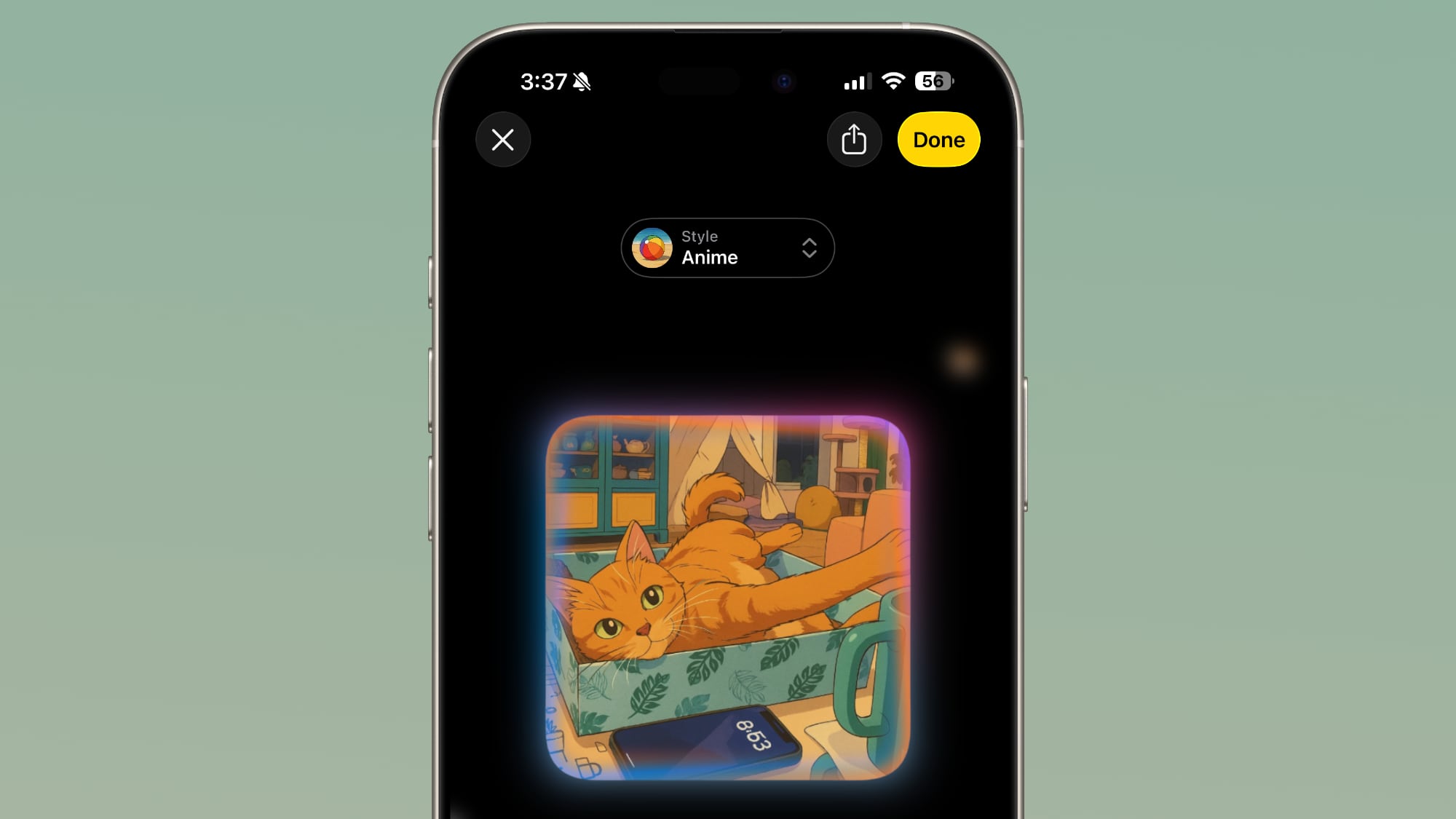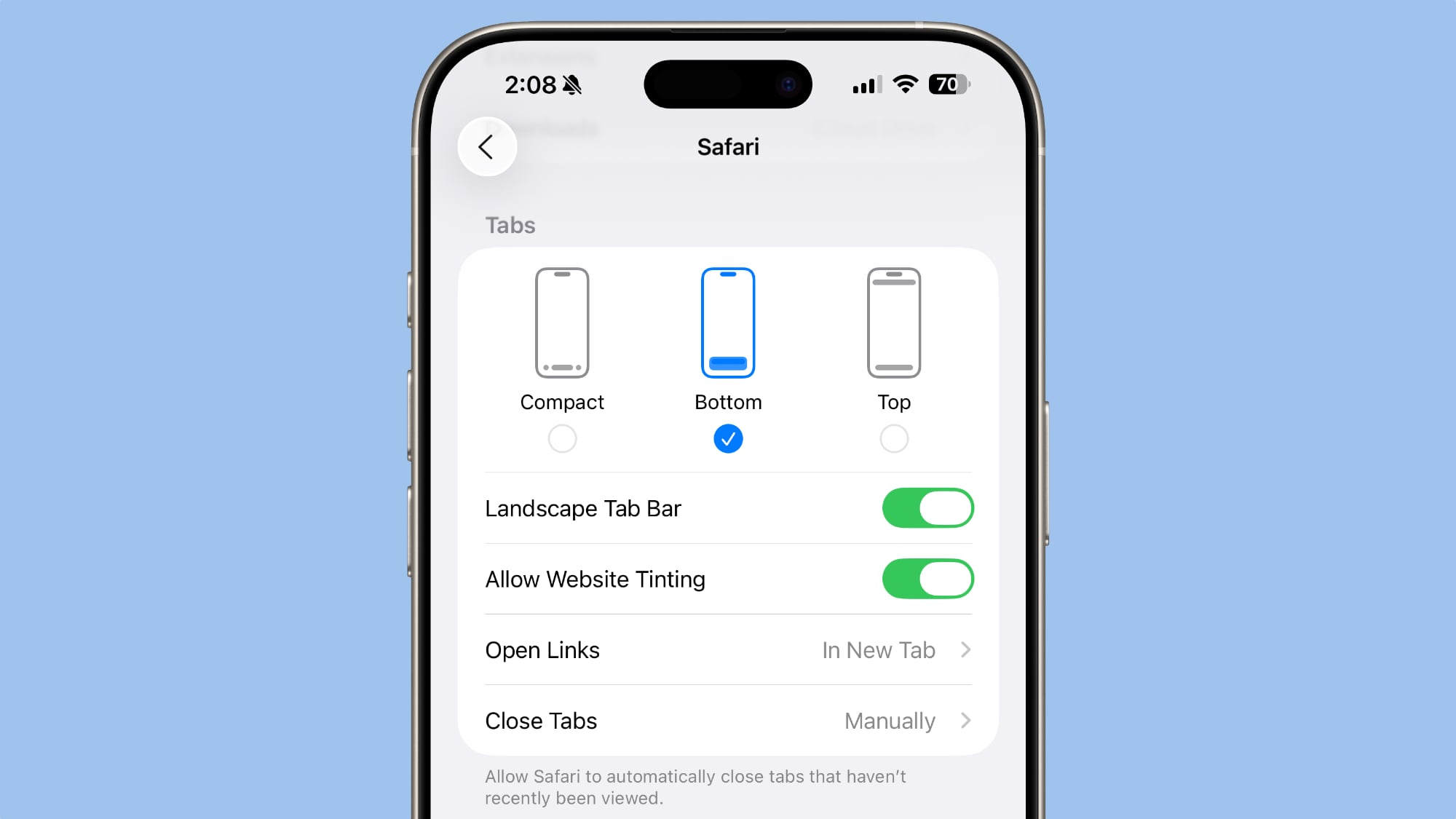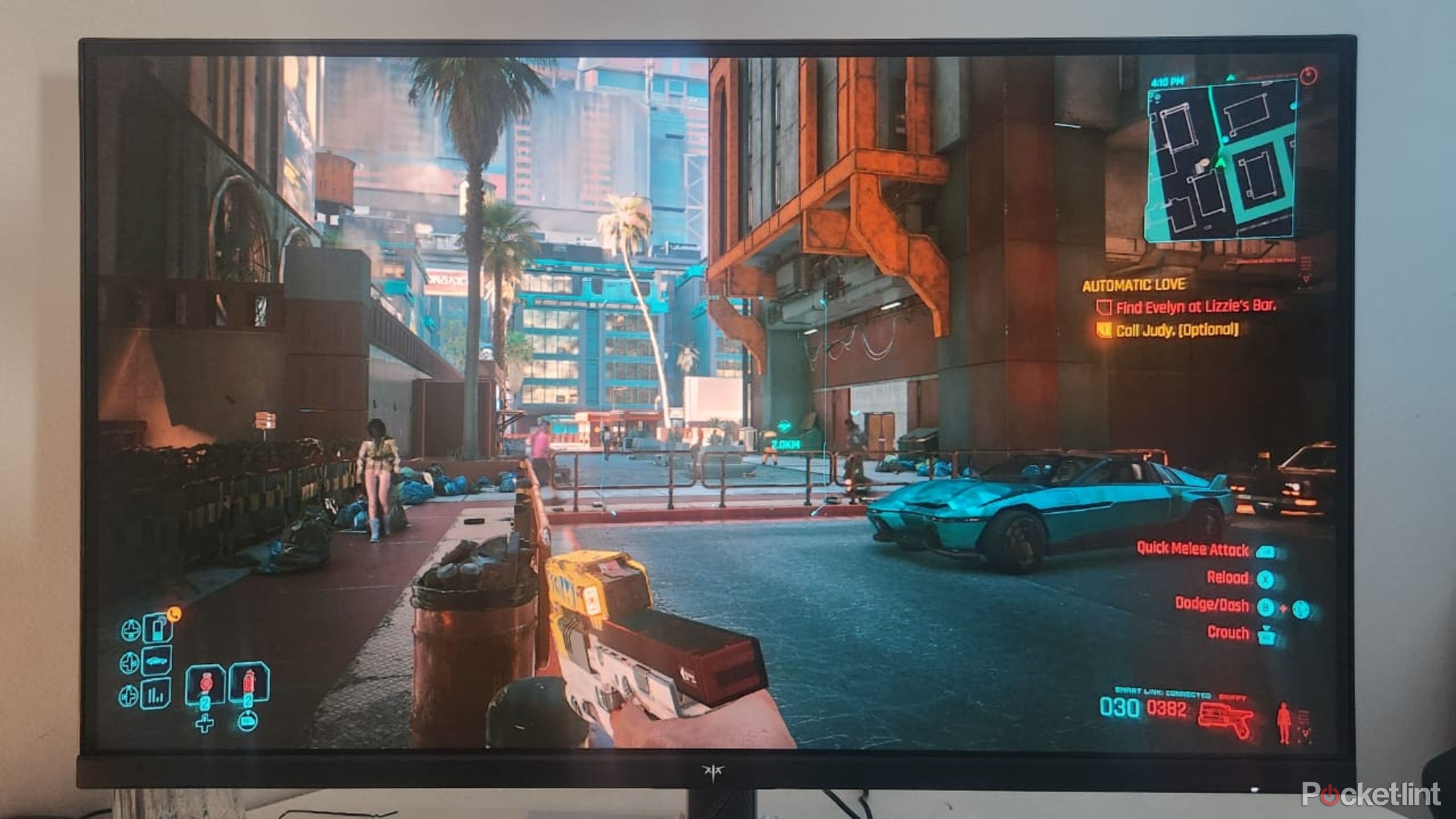ICYMI: the week’s 7 biggest tech stories from Android’s AirDrop rival to the release of the Vision Pro
[[{“value”:”
It’s been a busy week in the world of tech. OK, so we say that every time, but it’s not every week that Apple launches its first-ever XR headset. In fact, it’s the company’s first entry in a new product category since the first Apple Watch released in 2015, so forgive us if we’re a little excited.
But Apple isn’t the only game in town. Elsewhere, Samsung and Google started to roll out their Android AirDrop alternative, while Ninja unveiled a Double Stack Air Fryer; it’s a big deal, trust us.
On top of that, there’s also been the usual flurry of rumors and software updates to your favorite gadgets. It’s a lot to keep track of.
So, to help you catch up on the essential stories of the week, we’ve compiled a list of the seven biggest tech news articles published on TechRadar in the last seven days. Let’s start with Amazon and iRobot.
7. Amazon’s iRobot Roomba takeover bit the dust
(Image credit: iRobot)
What do you get when you cross an Amazon Astro with an iRobot Roomba? Well, we’ll now never know, as this week Amazon’s hopes of buying iRobot were dashed by the increasingly formidable force that is EU regulation. After Amazon pulled the plug on the deal, iRobot was left to clear up the mess – which included a massive cut to its R&D spend and staff.
For now, there’ll be no major change to iRobot’s dust-busting army, which we think are among the best robot vacuums you can buy. Its current range will continue to trundle around and there’s nothing for existing owners to worry about. Some may even be relieved that iRobot’s mapping data now won’t be shared with Amazon. But time will tell how how much this will restrict iRobot’s future plans – and where Amazon takes its home robotics next.
Read More: What does Amazon not buying iRobot mean for your Roomba?
6. This OM System lens boasted ridiculous zoom
(Image credit: OM System)
OM System announced its new flagship mirrorless camera the OM-1 II, but it was the new super telephoto zoom lens unveiled alongside it that got us more excited. Based on the design of the Sigma 150-600mm f/5.0-6.3 full-frame ‘Sport’ lens, the OM System version has an effective range of 1200mm, thanks to the micro four thirds system’s 2x crop factor. That makes it the world’s longest zoom lens for mirrorless cameras.
But that’s not all. The lens is also compatible with a 2x teleconverter, so you could double that reach up to 2400mm. Yes, really. And not only does it have a Samsung Space Zoom-beating reach, but it also comes in a high-quality camera system that boasts incredible image stabilization. That latter fact should actually make these ridiculous focal lengths usable handheld – meaning it could be a dream for wildlife photography, in particular.
We’ll be conducting a full review of the camera and lens soon, so watch this space for our verdict.
Read more: Forget Samsung’s Space Zoom, you want this super telephoto zoom lens
5. MSI Claw got a hefty price tag
(Image credit: Future / John Loeffler)
The latest Windows-powered Steam Deck rival – MSI’s Intel-based ‘Claw’ handheld gaming PC – has received its official pricing. Unfortunately for some fans, it looks like the Steam Deck will remain the cheapest option for now.
The top-end MSI Claw with an Intel Core Ultra 7-155H CPU and 1TB of storage pitches in at $799.99 (about £635 / AU$1,215), while the cheapest version (which downgrades the processor to a Core Ultra 5-135H and offers 512GB of storage) is priced at $699.99 (about £550 / AU$1,060).
This puts the Claw firmly in the same price band as competing high-end PC handhelds such as the Asus ROG Ally and Lenovo Legion Go – although the former of those two did enjoy a recent price cut of its own.
Read more: Some gamers aren’t happy with the cost of this Steam Deck rival
4. Rumors promised cheaper Samsung foldables
The Samsung Galaxy Z Fold 5 and Galaxy Z Flip 5 (Image credit: Future)
One of the biggest drawbacks with foldable phones such as the Samsung Galaxy Z Fold 5 is their cost; most are pricier than even top-of-the-line flagships like the newly released Samsung Galaxy S24 Ultra. But that might change with the next Samsung folding phone releases.
That’s according to a report in The Elec, which suggests that Samsung could use a new method for creating the bezels on this year’s foldables, which we’re expecting to be the Samsung Galaxy Z Fold 6 and the Samsung Galaxy Z Flip 6.
According to the rumors, Samsung is looking to transition to inkjet printing for the bezels, and that will apparently lead to a drop in manufacturing costs, without a reduction in quality. If Samsung is kind enough to pass those savings on to consumer, this year’s folding phones could be more affordable than ever.
Of course there’s already to be a Galaxy Fold FE in the works, and by default we’d expect that to be cheaper than other Folds too; that’s the whole point of the FE line, after all. So if the Fold FE does arrive, and if it also has ink-printed bezels, we could finally be looking at a much more affordable foldable phone.
Read more: Galaxy Z Flip 6 and Galaxy Z Fold 6 could be cheaper than expected
3. Android launched its unified AirDrop rival
Samsung and Google united by Quick Share (Image credit: Samsung / Google / TechRadar)
After teasing it at CES 2024 earlier this year, Samsung and Google have started to roll out their unified version of Quick Share – finally bringing a true AirDrop rival to Android.
Most Android devices have previously used Nearby Share, while Samsung phones used Quick Share, to quickly send files between nearby devices. But these two systems didn’t interface with each other. This new Quick Share system will mean that any two people using one of the best Android phones will be able to easily send photos and files to each other, no matter what model they have (provided it’s still getting regular OS updates) – just like AirDrop on iPhone.
What’s more, a Samsung representative has said this system will also allow you to share to nearby Windows PCs by Q3 2024 (July to September).
Read more: Google and Samsung’s version of AirDrop is now rolling out
2. iOS 18 rumors teased major changes
(Image credit: Apple)
This week, Bloomberg’s Mark Gurman reported that iOS 18 could be “one of the biggest iOS updates – if not the biggest – in Apple’s history,” and now we’re even more excited for the arrival of the company’s next big iPhone software overhaul.
Apple itself had already teased that iOS 18 will be an “ambitious and compelling” update with “major new features and designs,” but Gurman’s comments have further stoked the fires of enthusiasm for what is expected to be Apple’s first major foray into AI.
The likes of Siri, Messages, Apple Music and Pages are tipped to receive significant AI-based improvements in 2024, with the former reportedly in line for a ChatGPT-style makeover. Indeed, according to serial leaker Revegnus, Apple is currently using a proprietary LLM (large language model) to “completely revamp Siri into the ultimate virtual assistant.” Apple has confirmed that it will be adding RCS messaging support to iPhones at some point in 2024, too, and we’re expecting this long-awaited feature to debut with iOS 18 later this year.
Read more: iOS 18 could be the ‘biggest’ software update in iPhone history
1. The Vision Pro arrived, and it was everything we wanted it to be
(Image credit: Future)
Apple Vision Pro, Apple’s new mixed-reality headset is far from perfect. It’s expensive, a little heavy, and has that vestigial tail of a battery connected to it, but after spending more than just two days with it and logging multiple hours working, playing, and consuming content while wearing the headset, we can say that Apple may have truly reinvented the…ahem…space.
As we write this, Apple is finally giving the rest of the world access to its first Spatial Computer via in-store activations where you can try it out in “Guest Mode.” It’ll be a chance to experience gaze-and-gesture-based control, 360-degree environments, spatial photography, virtual desktops, and more. You can also decide how you feel about the weight and those slightly creepy Personas and EyeSight. It might make sense to start by reading our first two days of experience and then book an appointment at your local Apple retailer to decide if a $3,500 headset is for you.
Read more: Two days with Apple Vision Pro: I’m almost ready to part with $3,500
“}]]





